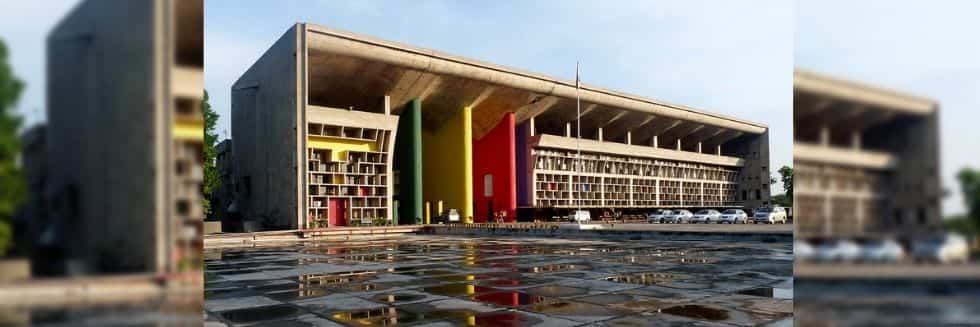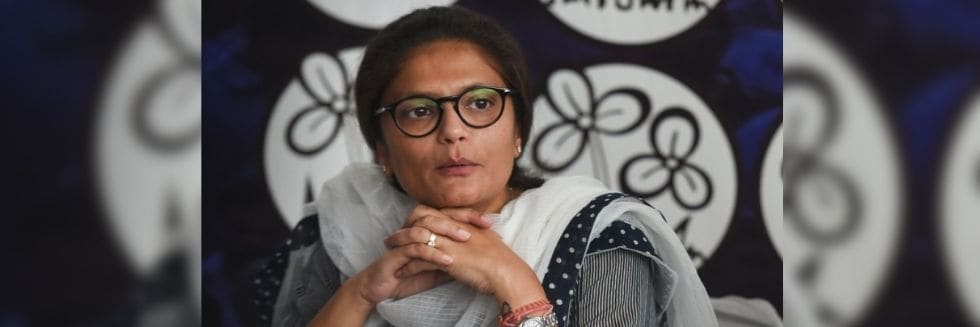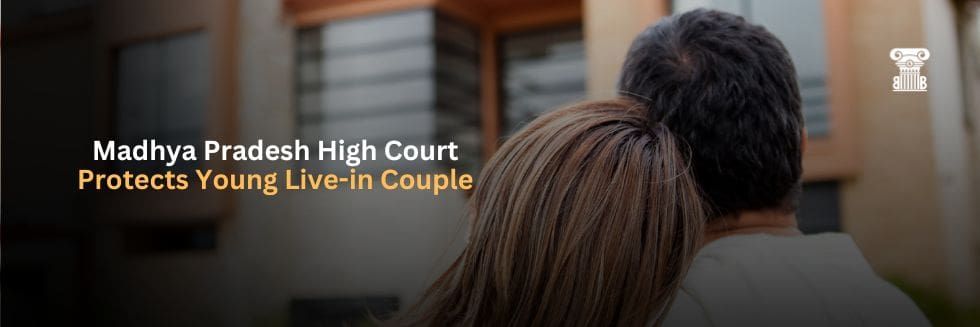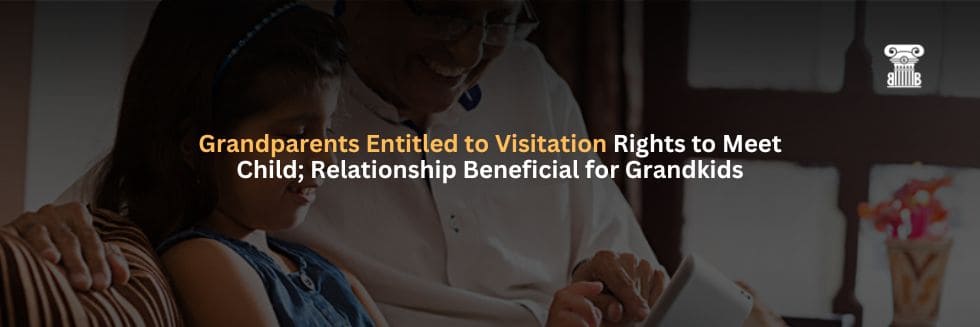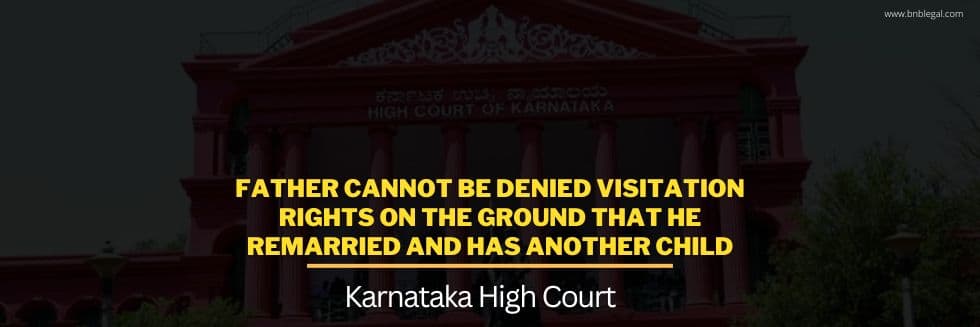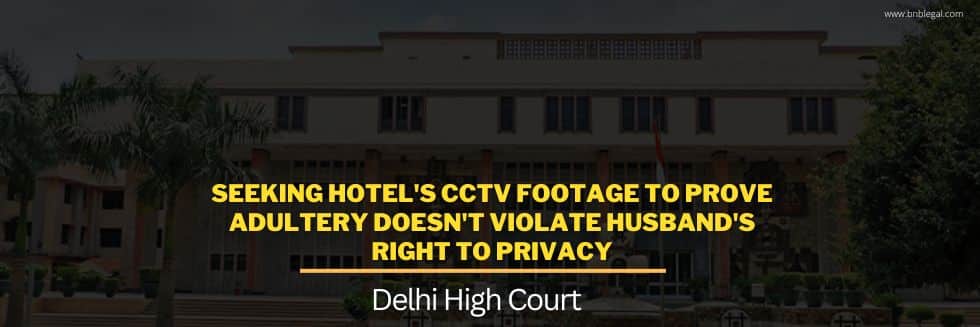Recently, the Allahabad High Court has held that the requirement of publication of notice for intended marriage under Section 6 and inviting/entertaining objections under Section 7 of the Special Marriage Act is not mandatory.
The bench headed by Justice Vivek Chaudhary made the above observations while considering a habeas corpus petition which alleged that an adult girl is being detained against her wishes to marry her lover who belongs to a different religion. The couple submitted before the Court that they could have solemnized their marriage under the Special Marriage Act, but the said Act requires a 30 days’ notice to be published and objections to be invited from the public at large. They further contended that any such notice would be an invasion of their privacy and would have definitely caused unnecessary social pressure/interference in their free choice with regards to their marriage.
The court considered the issue of ‘whether the social conditions and the law, as has progressed since the passing of 1872 Act and thereafter the 1954 Act till now, would in any manner impact the interpretation of Sections 5, 6 and 7 of the Act of 1954 and whether with change the said sections no more remain mandatory in nature?’
Subsequently, the High Court while taking note of the couple’s concerns, observed that, making such publication mandatory would invade in the fundamental rights of liberty and privacy, including within its sphere freedom to choose for marriage without interference from state and non-state actors, of the persons concerned.
“While giving notice under Section 5 of the Act of 1954 it shall be optional for the parties to the intended marriage to make a request in writing to the Marriage Officer to publish or not to publish a notice under Section 6 and follow the procedure of objections as prescribed under the Act of 1954, the court observed. In case they do not make such a request for publication of notice in writing while giving notice under Section 5 of the Act, the Marriage Officer shall not publish any such notice or entertain objections to the intended marriage and proceed with the solemnization of the marriage,” said Justice Chaudhary.
“However, it shall be open for the Marriage Officer, while solemnizing any marriage under the Act of 1954, to verify the identification, age, and valid consent of the parties or otherwise their competence to marry under the said Act. In case he has any doubt, it shall be open for him to ask for appropriate details/proof as per the facts of the case,” added the court.
Further, while referring to various judgments, including that of Puttuswamy case, the HC observed that it would be cruel and unethical to force the present generation living with its current needs and expectations to follow the customs and traditions adopted by a generation living nearly 150 years back for its social needs and circumstances, which violates fundamental rights recognized by the courts of the day.

